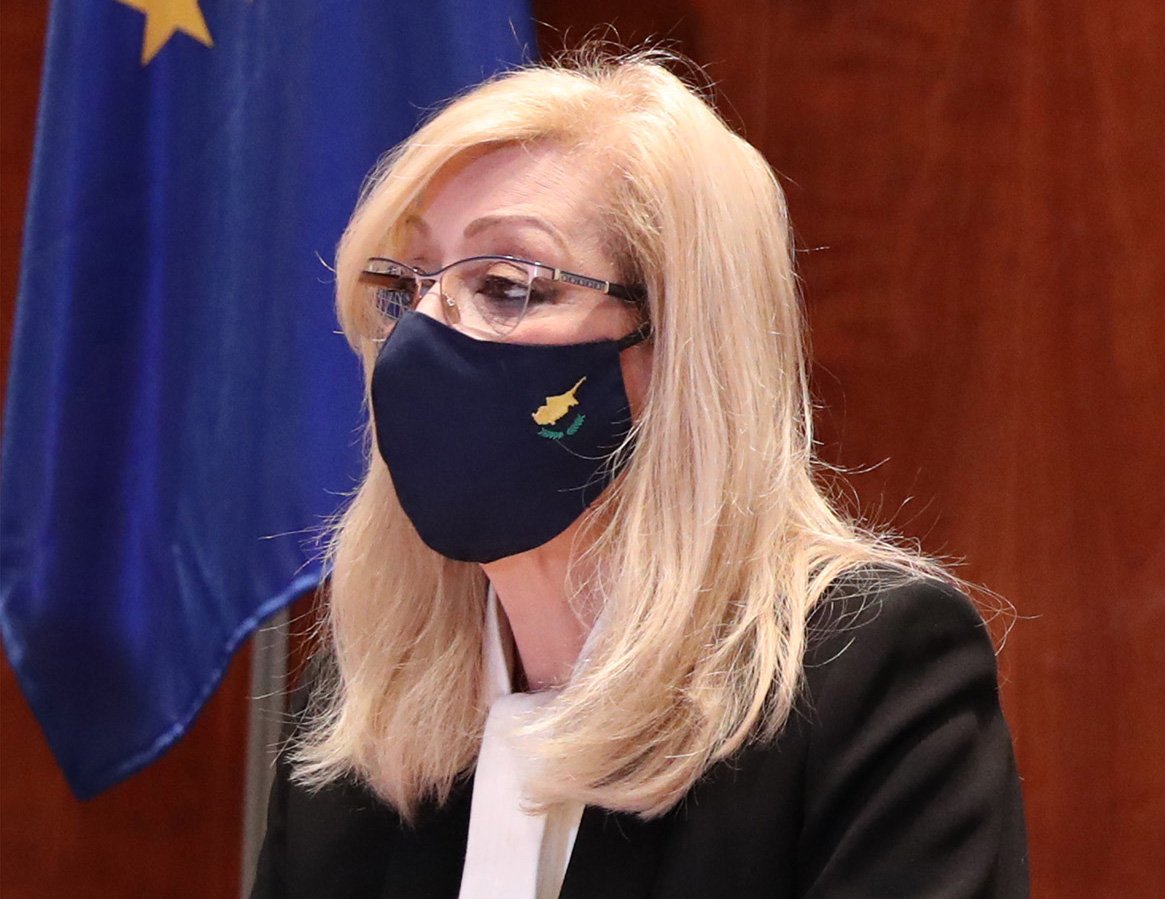The overwhelming majority of employees and all employers recognise that there is gender inequality in the workplace, while 86 per cent of employees are convinced that women are more frequently victims of discrimination.
These are just two of the conclusions of a survey carried out by Insights Research Market of the University of Nicosia and presented at a press conference called by Labour Minister Zeta Emilianidou.
The minister said promoting gender quality at work was a key priority of the ministry through the implementation and monitoring of compliance with relevant laws, including on the equal treatment of men and women at work and in professional training, laws against sexual harassment, protection of motherhood and of pregnant women, protection of fatherhood and equal pay for equal work.
“The importance the ministry attaches to gender equality is also demonstrated by the results of surveys among EU Member State where Cyprus has recorded significant progress in gender equality in the past 10 years with rates higher than the EU average according to the equality index of the European Institute on Gender Equality,” she said.
The survey was being presented at a difficult time, not only because of the impact of the coronavirus pandemic but also the recent complaints of sexual harassment of women and men, she said adding that she hoped that this would serve as a springboard for organised groups and society more generally to address the issue.
The economic crisis falls disproportionately on vulnerable groups of the population such as working women, the minister added.
Louiza Christodoulou Zanettou, president of the committee on gender equality in employment and professional training, said that as laws alone are not enough to safeguard equality it was essential to raise awareness among working people about their rights. It was also important that employees feel the state offers support and has those mechanisms so that they can file complaints for unacceptable behaviour in the workplace.
“Employers also need training so as to avert, not tolerate and adequately address such behaviour,” she said.
Other challenges are the pay gap, discrimination against pregnant women, shorter working hours for women so that they can combine family and work, under-representation of women in decision-making and senior positions, temporary work and long-term unemployment which are more widespread among women, she added.
According to the survey 40 per cent of respondents believe that there is pay inequality at the expense of women.
An overwhelming majority said their superior was a man, a phenomenon particularly widespread in the private sector. Eight out of ten would accept a woman as their superior, the survey showed.
Other findings:
- Eight out of ten (82 per cent men and 80 per cent women) said that men and women are treated the same by their superiors in the workplace.
- 96 per cent reject the ‘theory’ that only men should hold decision-making positions.
- Four out of ten of women, mainly in the private sector, said they had faced problems at work which were gender related.
- Two out of ten women feel they have experienced sexual harassment at work with the overwhelming majority of these (78 per cent) saying they had not filed a complaint.
- The areas with the highest levels of gender inequality were access to employment, promotions and access to decision-making.
- Flexible working hours was cited as the most appropriate way to bridge the chasm between private and professional life.
- Asked to what extent they believed there was gender inequality in employment and professional training in Cyprus,39 per cent said to considerable extent, 35 per cent to a small extent, 18 per cent to a large extent and 8 per cent not at all.







Click here to change your cookie preferences